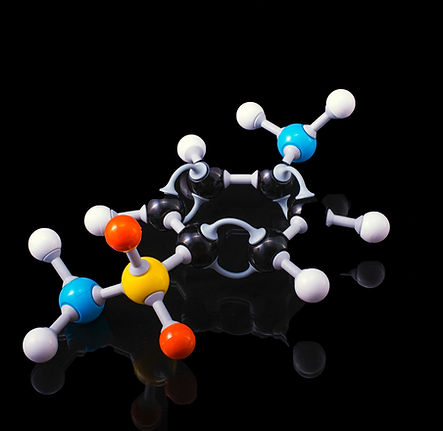Science Curriculum
At Mater Dei Academy, our junior cycle Science curriculum provides a foundational understanding of the four funadamental sciences; Earth Science (including geography, geology, astronomy and oceanography), Biology, Chemistry and Physics, in a logical learning programme. An outline of the content covered in the science curriculum is given below.

Science I : Earth and Space
The study of physical earth science, geography, geology and astronomy and its resulting discoveries have not only played a pivotal role in the realms of human thought and culture, but have also single-handedly paved the way for the modern physical sciences. Understanding the created world and the cosmos around them provide us with the unique context for the study of all the sciences, as well as an appreciation for our place within the infinite goodness of God’s plan for creation. With a foundational understanding of the physical earth and space around us, students are not only prepared for further study in biology, chemistry and physics, but are better equipped to perceive and internalise this order in their own experience of the God’s creation.

Science III : Chemistry
The study of chemistry shows us that we live in an ordered and meaningful world, constructed by atoms and defined by simple ordered principles. Through an inquiry into the complexity and beauty of God’s creation, the study of chemistry helps foster an appreciation of the organisation that underlies the material world. Although this inquiry seeks the accumulation of scientific knowledge about the principles of chemistry, it also seeks to foster an openness to the mystery of God’s love for creation. Through experiencing the beauty of the Artist’s handiwork, students are brought into a deeper knowledge of both His nature as well as their place in the reality He has created. With this knowledge, they will be able to more fully live out the call to be stewards of the Garden that God has entrusted to humanity.

Science II : Biology
Santiago Rámon y Cajal, who won the Nobel Prize for his pioneering neuroscience, described his work as exploring “the poetry of Truth, the incomparable beauty of the work of God and the eternal laws established by Him.” Biology is a unique window into God’s creation. It enables the student to fully appreciate the perfection and order which is found in biological systems, fostering a reverence and true vision of the dignity of human life, from natural birth to natural death. Through experiencing the beauty of the Artist’s handiwork, students are brought into a deeper knowledge of both His nature as well as their place in the reality He has created.

Science IV : Physics
Classical physics is the culmination of the junior science programme presenting the basics of the most general scientific discipline from the universal to the atomic scale. Within the sphere of science, physics provides us with the unique capacity to analyse the full breadth of the universe, albeit within the limits of scientific understanding. Now, the full depth of mathematical reasoning behind these common physical processes are appreciated, and the relationship between mathematics and measurement; our tool for knowing the world; is explored. A clear understanding of physics is fundamental to further studies in all the technical disciplines, but particularly in the healthcare and technology sectors.







